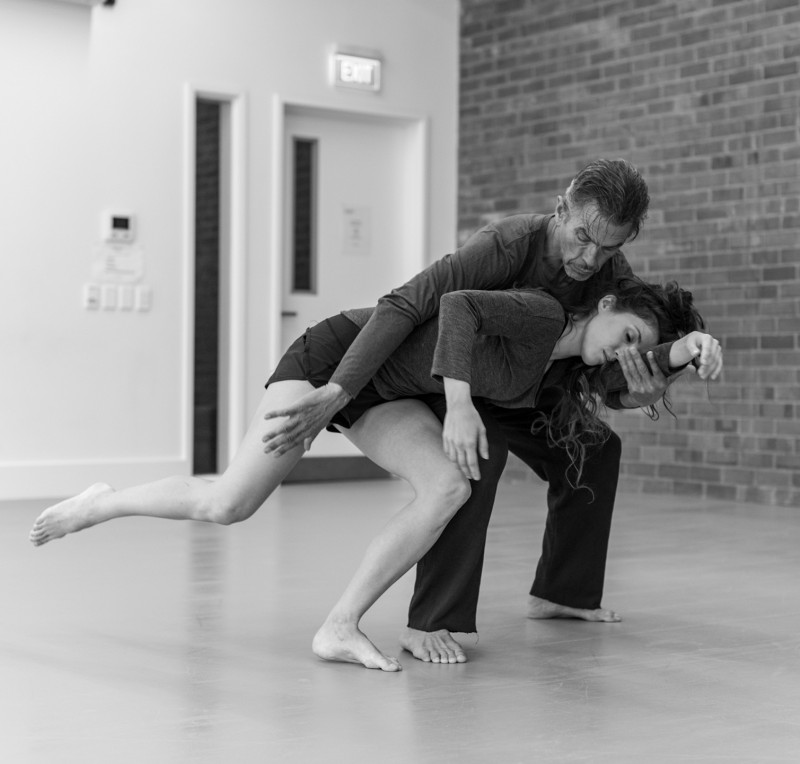Strasbourg 1518
Created by: Borderline Arts Ensemble
Circa Theatre, 12th Mar 2020
Reviewed by: Leah Maclean
The Wellington arts community is small and largely independent, so it’s a coup to have a place in an international arts festival, even more so when you’re just starting to cut your teeth with New Zealand audiences. This can be said for Borderline Arts Ensemble, a dance-theatre collective whose brand-new work Strasbourg 1518 seizes your imagination and emotion with an uncompromising grasp.
Inspired by the stranger-than-fiction dancing plague that gripped hundreds of people in the French city of Strasbourg, Strasbourg 1518 delves into the psychosis of what took place through violently physical dance, haunting live music, and clever narration.
A bold cast of 10 carries the work with their extraordinary passion and relentless talent. The dancers twist and turn frantically through the space, teetering toward madness while the musician (Lucien Johnson) expertly switches between musical instruments, holding the trance with finesse. A narrator (France Herve) structures the story with poetic quips and historical background, soon to become enraptured herself.
Exploring the different theories surrounding the plague of 1518 (poison, fever, the devil), the work spirals into intense physicality and dark social constructs. Lucy Marinkovich’s choreography is meticulous and heaves with ritualism and deep emotion. The dancers weave seamlessly between uninhibited movement and controlled, rhythmic pattern. The presence of traditional folk dance doesn’t go unnoticed and accentuates the versatility of Marinkovich and her fellow artists.
The work is rich with symbolism and self-interpretation and its conclusion is powerfully weighted with themes of compassion and mortality. With bright red shoes upon their feet, the afflicted dancers travel to a mountaintop and meet the gentle embrace of Death, portrayed tenderly by dance legend Michael Parmenter. The final message seems to say, “we will all find peace eventually.”
Strasbourg 1518 pushes the boundaries of what theatre can be and takes no prisoners in coaxing a full range of emotion. While not for the faint of heart, it is a work that needs to be seen beyond its life in the festival.
View more reviews:
« Click here


